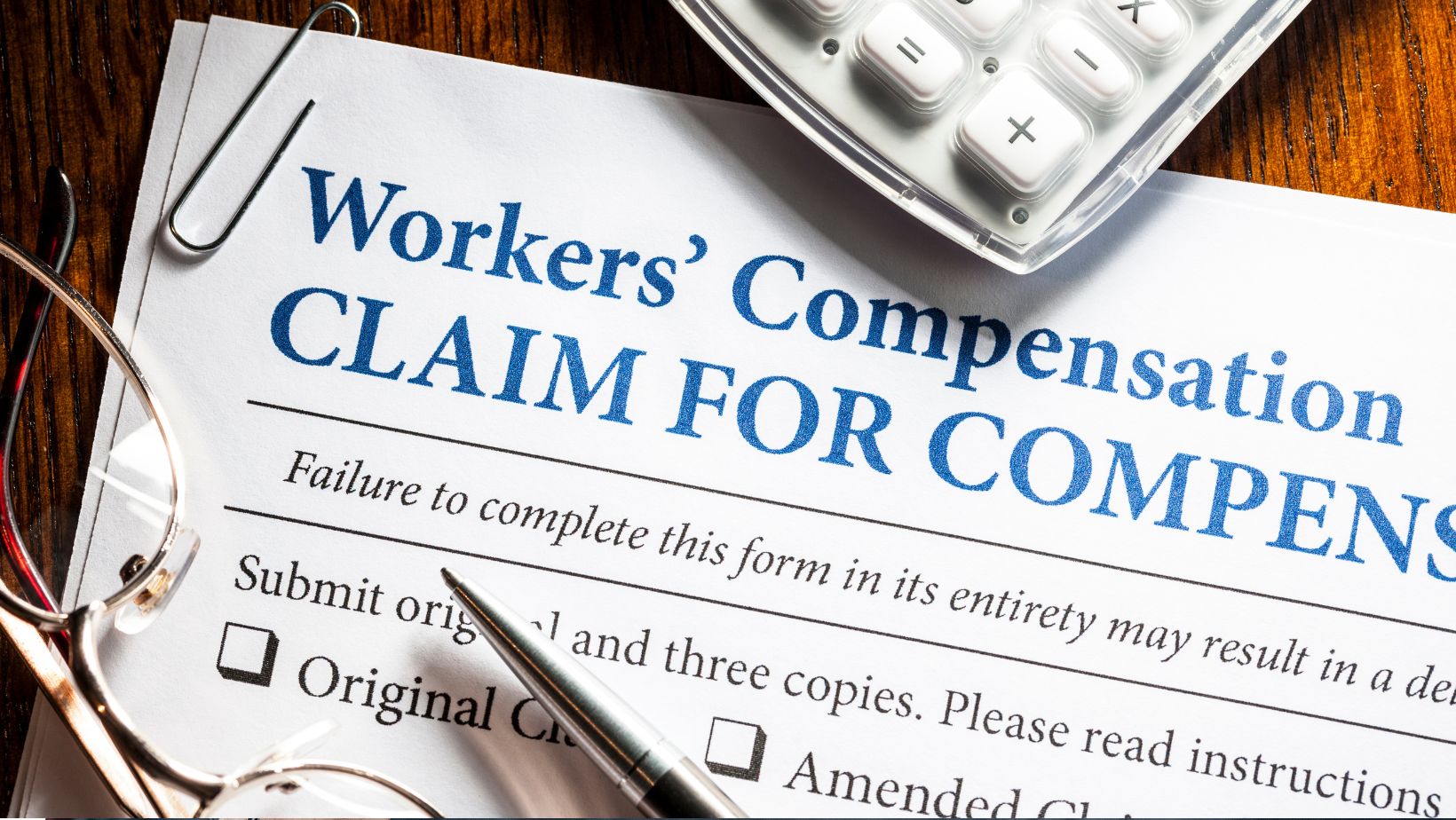Filing a workers’ compensation claim can be a daunting process, but embarking on this insightful journey can make it more manageable. While the system is designed to help injured workers receive the benefits they deserve, many people make mistakes that can jeopardize their claims. Understanding these common pitfalls can significantly increase your chances of a successful outcome. Here are the mistakes to avoid when filing your workers’ compensation claim.
Attempting to Navigate the Process Alone
While it’s possible to file a claim without legal assistance, having an experienced workers’ compensation attorney on your side can significantly improve your chances of success. In the legal process, MMI in Workers Compensation Claim can significantly influence the determination of benefits, as it indicates that the injured worker’s condition has stabilized and no further improvement is expected. An attorney can help you understand your rights, guide you through the process, and advocate for your best interests, especially if your claim is contested.
Failing to Report the Injury Promptly
One of the most critical steps in the workers’ compensation process is reporting your injury as soon as it happens. Many states require that you notify your employer within a specific timeframe, often within 30 days. Delaying this report can lead to complications or even a denial of your claim. If you wait too long, your employer may argue that your injury is not work-related or that it happened outside of work hours. Always prioritize prompt communication with your employer.
- Ensures Timely Medical Treatment: Reporting your injury promptly helps ensure you receive immediate medical attention. Quick medical intervention can prevent further injury and promote faster recovery. Moreover, the sooner you seek treatment, the easier it will be to establish a clear link between your injury and the workplace incident, which is crucial for your claim.
- Strengthens Your Claim: A timely report adds credibility to your claim by establishing a timeline of events. If there is a significant delay in reporting, insurance companies may question the legitimacy of your injury. Prompt reporting shows that you took your injury seriously and that it was significant enough to warrant immediate attention.
- Avoids Disciplinary Actions: Employers often have policies regarding workplace injuries, including procedures for reporting incidents. Failing to adhere to these protocols can lead to disciplinary actions, including termination. By reporting your injury as soon as possible, you demonstrate your commitment to workplace safety and compliance with company policies.

- Protects Your Rights: Each state has laws governing the timeframe in which you must report a workplace injury. Missing these deadlines can result in losing your right to file a claim altogether. By reporting your injury promptly, you protect your legal rights and ensure that you are eligible for the benefits you deserve, including medical coverage and wage loss benefits.
Not Seeking Medical Attention
After reporting your injury, seeking medical attention is crucial. Some workers mistakenly think they can tough it out or wait to see if their condition improves. However, getting a professional evaluation is essential for documenting your injury and ensuring that you receive appropriate treatment. Delays in seeking medical care can also raise doubts about the severity of your injury and lead to complications in your claim.
Underestimating the Importance of Documentation
Documentation plays a vital role in your workers’ compensation claim. Failing to keep accurate records of your injury, medical treatment, and communications with your employer can weaken your case. Make sure to document every interaction, including dates, times, and the names of individuals involved. Keep copies of all medical records, bills, and reports. This evidence will be invaluable if your claim is challenged.
Overlooking Pre-Existing Conditions
Another common mistake is not disclosing any pre-existing conditions. Some workers assume that their prior health issues will disqualify them from receiving benefits, leading them to withhold this information. However, the truth is that workers’ compensation claims can still be valid even if you have a pre-existing condition. Failing to disclose this information can result in a denial of your claim. It’s best to be honest and transparent with your employer and the insurance company.
Ignoring the Claims Process and Deadlines
Each state has its own rules regarding workers’ compensation claims, including deadlines for filing and appealing decisions. Ignoring these timelines can lead to a denial of your claim or the loss of your right to appeal. Make sure you understand the specific deadlines in your state and follow them closely. Keeping a calendar or reminder system can help you stay on track throughout the process.

Avoiding these common mistakes can increase your chances of a successful workers’ compensation claim. By reporting your injury promptly, seeking medical attention, and documenting everything accurately, you can protect your rights and receive the benefits you deserve. Additionally, don’t hesitate to seek professional help to navigate the complexities of the claims process. Remember, taking the right steps from the beginning can make all the difference in securing your rightful compensation.


